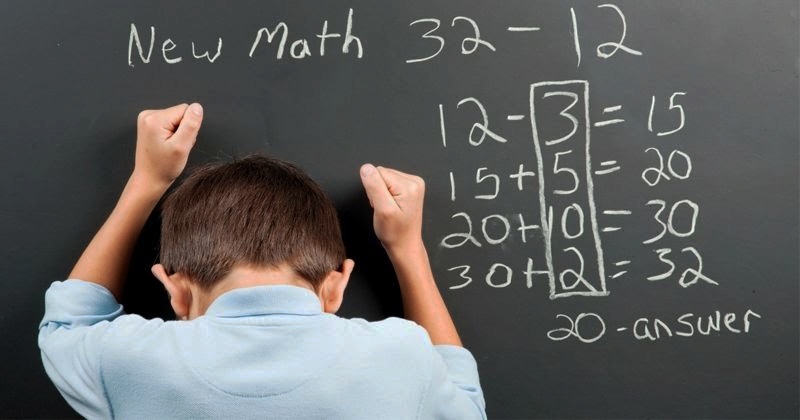Understanding Dyscalculia, and Tips for Supporting Students With Dyscalculia
If there is a subject that the student dislikes the most, or even the most hated and they wish this subject didn't exist, is math. Maybe it's because this lesson is complicated in their eyes.
But there are some students who do not like mathematics, but they can still learn this lesson, only laziness that makes them dislike him. In addition, there are some students who tend not to do math at all. They've tried to learn it, but it's still difficult. If so, then it is certain that these students experience symptoms of *dyscalculia*.
Here I will discuss the subject of dyscalculia and how to get rid of these symptoms.
- What is dyscalculia?
More precisely, as I explained above. Dyscalculia is a symptom in which students experience learning difficulties related to numbers or fundamental number. So that every lesson is related with numbers, it will be very difficult for the student to live and learn.
Several surveys say, about 7% of elementary school students experiencing dyscalculia symptoms. Symptoms of dyscalculia can be characterized by several things, such as:
- Difficulty calculating simple numbers
- Difficulty understanding word problems in math
- Difficult to understand basic math lessons
- Excessive anxiety when dealing with math and numbers-related subjects
- It's hard to count money and read the hours, etc.
Those are some of the symptoms, even though it is very clear, for people who do not experience dyscalculia, the symptoms above are easy to learn and deal with.
Talking about the causes of dyscalculia appearing in a person, there is no definite answer to this. However, experts agree that this dyscalculia arises due to genetic factors or caused by brain or nerve injury.
- How to solve it?
If you have found your child or student experiencing some of the symptoms that I have mentioned above, then you have to solve it immediately.
Communication between teachers and parents take an important role here. because when you have communicated, then later a solution will be found to cure it and eliminates the symptoms of this dyscalculia.
I suggest some tips for curing the symptoms of dyscalculia, that is:
- Plan and schedule math learning for children,
with several approaches in the form of private tutoring outside of school - Clearly explain basic math concepts and terms
- Provide a pleasant learning space and atmosphere
- Provide objects and visuals that encourage children to understand quickly
- Appreciate every child's effort in learning, so that it can encourage them to be more enthusiastic
- Use a lined book, so that the child continues to place the numbers according to the column.
- Not forcing children to memorize, but exploring with easy methods, etc
Article's source
today.line.me
health.kompas.com
www.pelangiinsani.com
Regard @maulida

I do agree that there are ample amount of student having dyscalculia. I may have that during grade school that it is quite hard to understand numbers. I did overcome it and finished a degree in engineering. However, there are times I find it hard to compute. Maybe I was just to stress. Great post, @maulida!
Thanks for reading and share your experience. I really happy if you had overcome and finished your degree in engineering. Even though you have experienced Dyscalculia. Great to see you here, let be a friends each other.
Greet to see you too, @maulida! Thank you for the feedback.
Dyscalculia - a new word in my lexicon))))))))